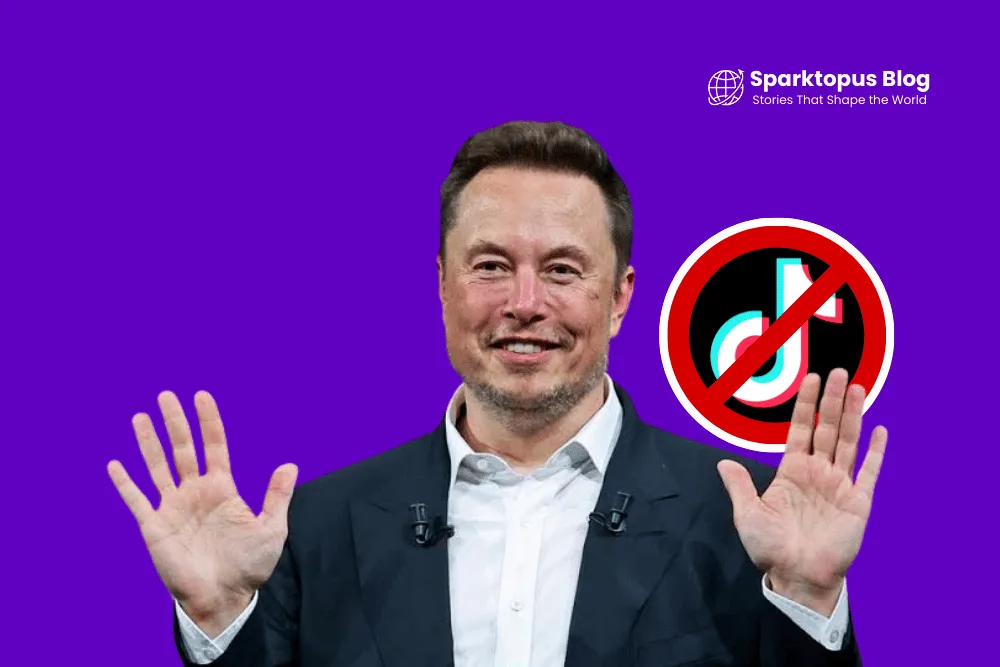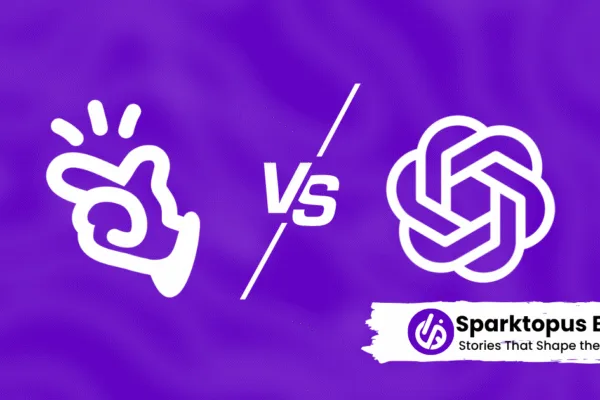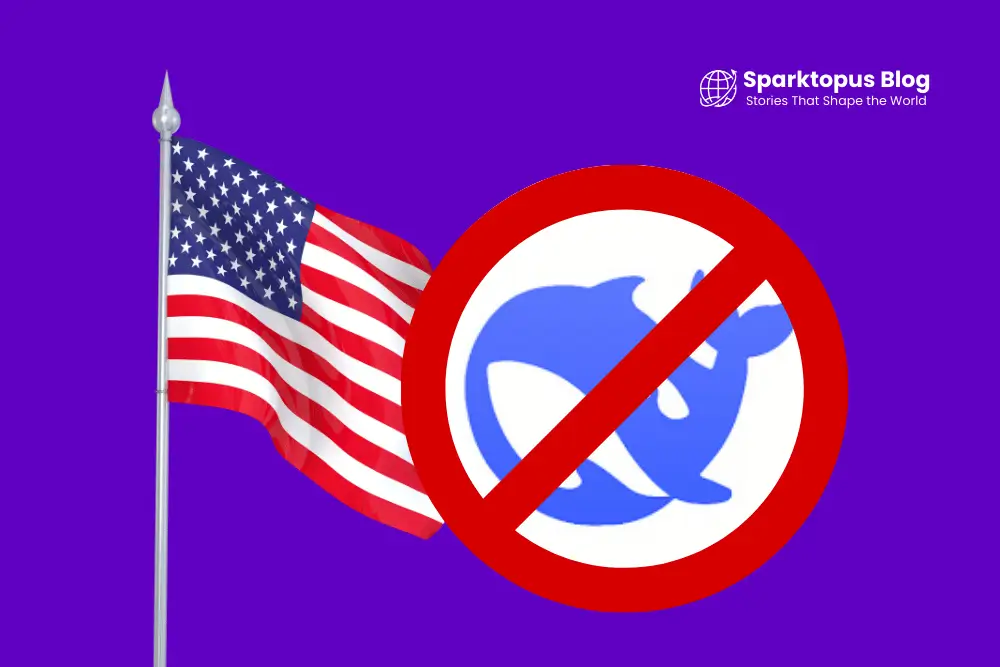“I Have Been Against a TikTok Ban” – Elon Musk

Elon Musk, the influential tech billionaire and CEO of X (formerly Twitter), has once again stirred public discussion—this time, about freedom of speech and global platform fairness. In a recent post, Musk doubled down on his long-standing opposition to banning TikTok in the United States, even though such a ban could benefit his platform, X.
Freedom of Speech: Musk’s Core Argument
Musk’s stance is clear: banning TikTok in the U.S. would contradict the principles of free speech and expression, which he believes are fundamental to what America stands for. He said, “Doing so would be contrary to freedom of speech and expression. It is not what America stands for.
His position is refreshing, especially in a climate where the debate around TikTok often centers on national security concerns and the app’s ties to China. Musk emphasizes the importance of upholding free speech, even if it means putting his own platform at a competitive disadvantage. This perspective aligns with his vision of creating a digital ecosystem that champions open dialogue and the free exchange of ideas.
View this post on InstagramAdvertisement
The Question of Fairness
However, Musk didn’t stop at defending TikTok. He also pointed out an undeniable imbalance: TikTok can operate freely in the United States, but X is banned in China. “The current situation where TikTok is allowed to operate in America, but X is not allowed to operate in China is unbalanced. Something needs to change,” Musk stated.
This brings up a critical question about reciprocity in the digital age. Should platforms be granted the same level of access to markets worldwide, or do national governments have the right to restrict foreign platforms while allowing their own to expand globally? Musk’s comments have sparked a broader conversation about how to navigate this uneven playing field.
A Broader Implication for Global Platforms
Musk’s argument highlights the complexities of regulating digital platforms in an increasingly interconnected world. On the one hand, there is a need to protect free speech and ensure that users have access to diverse platforms. On the other hand, there are valid concerns about national security, data privacy, and market fairness.
For platforms like TikTok and X, this debate is more than just a theoretical discussion. It directly impacts their ability to operate and grow globally. Musk’s call for change suggests that he envisions a future where platforms can compete on equal footing, free from geopolitical restrictions and biases.
The Public Reaction
Musk’s comments have sparked widespread debate online, with opinions divided. Supporters praise his commitment to free speech and his willingness to prioritize principles over profit. Critics, however, argue that Musk’s stance oversimplifies the complex issues surrounding TikTok, including its ties to the Chinese government and the potential risks it poses to user privacy.
What’s Next?
As the conversation unfolds, it’s clear that Musk’s comments have struck a chord. His call for fairness and balance in the global digital space challenges both governments and tech companies to reconsider their approaches. Whether this will lead to tangible changes remains to be seen, but one thing is certain: Musk’s voice will continue to be a powerful force in shaping the future of the digital landscape.
Final Thoughts
The debate around TikTok, X, and platform fairness is far from over. As technology continues to bridge global divides, questions about freedom of speech, reciprocity, and regulation will only become more pressing. Musk’s comments serve as a reminder that these issues are not just about individual platforms but about the values that guide our digital future.
What are your thoughts on this? Should governments push for reciprocal access, or does the principle of free speech override these concerns? Join the discussion below!









